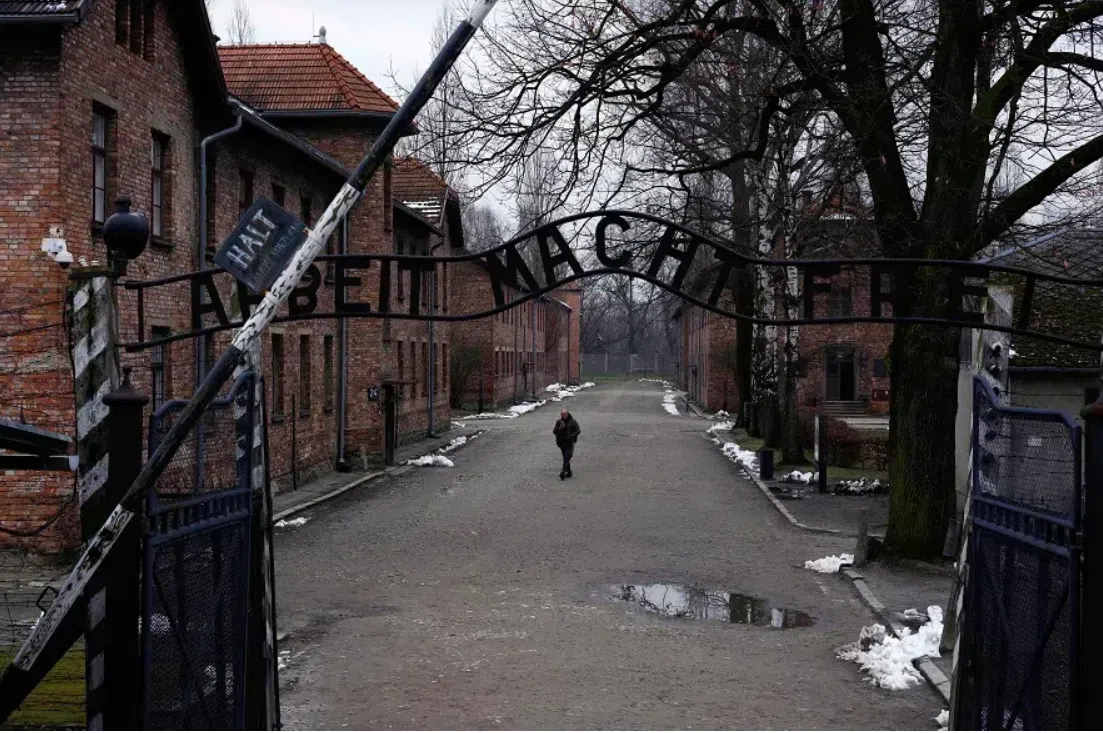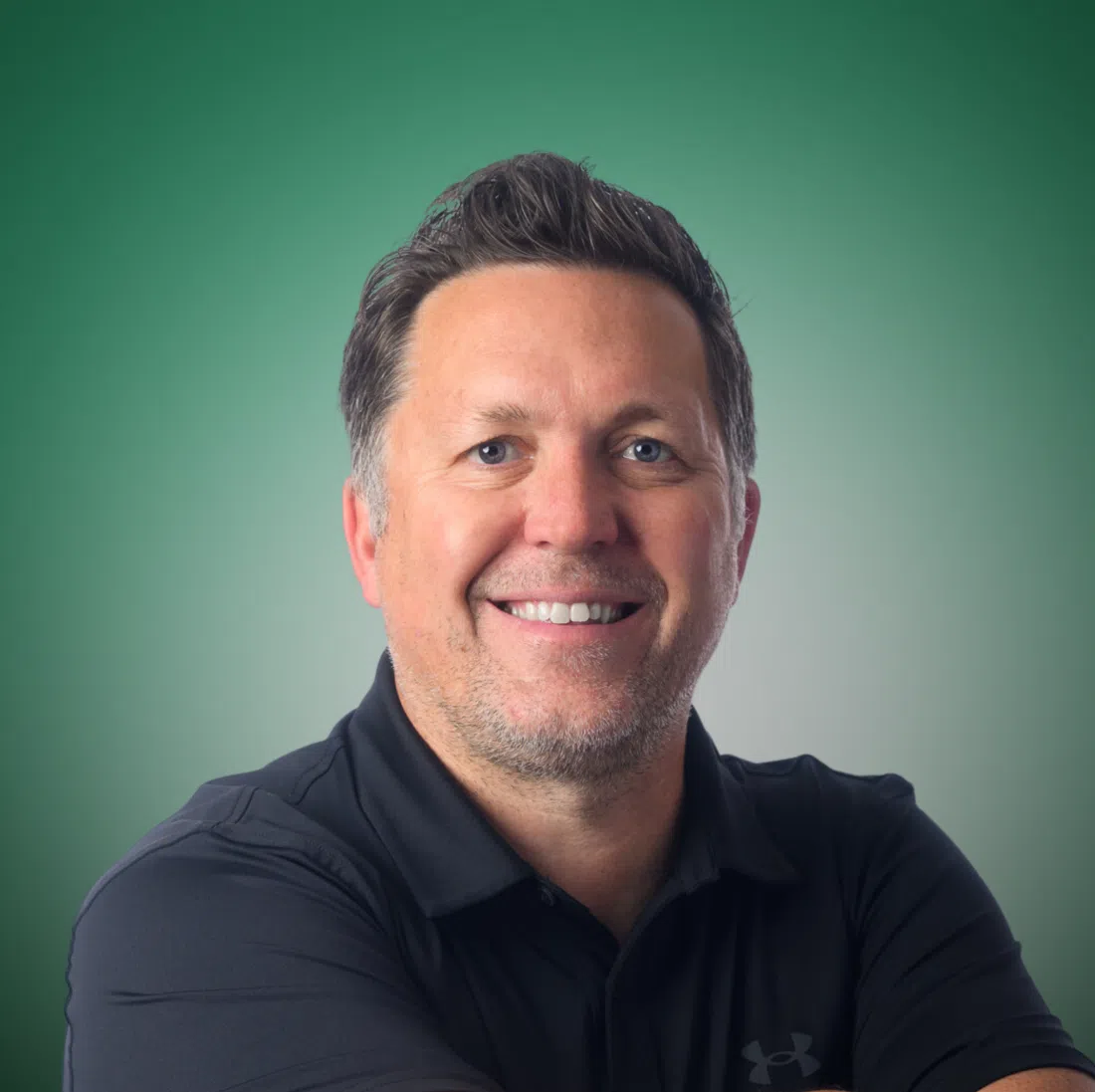The Second World War claimed the lives of many, with historians estimating the total death toll of the conflict to range from anywhere between 70 and 85 million people.
Many of those deaths were a result of the Holocaust, where the Jewish people, along with many other groups, were segregated, enslaved, and, for many, ultimately killed.
Historians believe that all together throughout the Second World War, six million Jews were killed by the Nazi regime.
As the years go by, many who experienced this part of history are no longer alive to tell their stories, but some survivors remain. Abe Silverman is one of them, he’s a Holocaust survivor. He recently joined the Evan Bray Show to tell his story.
Over the weekend, he also shared his story at the Beth Jacob Synagogue in Regina.
Listen to the full interview here:
“I was born in March of 1942, two years after the Romanian Nazis implemented all of the restrictions and all of the horrors on the Jewish population,” Silverman said.
He said it didn’t take long for his family to be torn apart.
“My father was rounded up with 3,500 other young Jewish men in late 1941 and taken to a slave labour camp in Basarabia,” he said.
“My mother, who was pregnant, was left alone and was taken in by a foreign family who took pity on her. Many Jewish women were left without any means of support after their husbands were taken away to slave labour, and my mother was one of them, but she was lucky enough to have been taken into a ghetto,” said Silverman.
Read More:
- Saskatchewan makes Holocaust education mandatory in schools
- LISTEN: The Remarkable Klara Belkin – A Holocaust survivor in Saskatchewan
- Survey says more young Canadians believe the history of the Holocaust is exaggerated
During the war, the Schutzstaffel (SS), an elite guard of the Nazi regime, and other German authorities concentrated urban and sometimes regional Jewish populations in ghettos. Living conditions were miserable, often massively overcrowded and in disrepair. The Germans are believed to have established well over 1,000 different ghettos.
“My mother was kept alive through the heroic efforts of those in that home to sneak out at night and search for food. Jews were immediately shot if they tried to leave the ghetto, and many of them were shot,” he said.
“Many of them died of typhus and other diseases. Hunger, of course, took many, but they somehow managed to find enough food to keep my mother alive, and consequently, I survived as well.”
He said that despite everything, his father was able to survive and the family were reunited.
“My father, who was in slave labour in Basarabia, which at the time was a province of Romania. He had been rounded up, and out of 3,500 young Jewish men, he was one of 700 that survived but had an awful experience,” he said.
“He was full of lice and had almost died from typhus and beatings. He was blinded in one eye and weighed 60 or 70 pounds. He was emaciated. He did find his way back to Iași (a city in Romania), where my mother and I survived.”
He said that his family were able to escape Nazi-occupied Europe by hiding in the back of an oxcart and travelling through Europe to the Austrian border. When they arrived in Vienna, they were met by a Jewish agency. It helped place them in a displaced persons camp, or what we would now call a refugee camp.
Silverman now speaks to students and people across the country, with his most recent event at the Beth Jacob Synagogue in Regina.
At these events, he said that he shows students that speaking out against discrimination and evil is the only way to prevent another event like the Holocaust from ever happening again.
“Bad things happen when good people do nothing. And basically that’s what happened to the Jews of Europe during the Second World War. Too many good people did nothing. And when good people do nothing, bad things happen,” said Silverman.
Read More:











